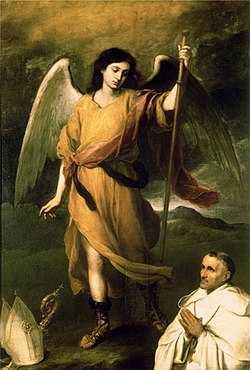"John 5:4: For an angel went down at a certain time into the pool and stirred up the water; then whoever stepped in first, after the stirring of the water, was made well of whatever disease he had."
How does this be biblical?
* name of God was not used here. So I assume it was just the power of an angel but not of God.
* faith or holiness was not required to get cured. Only eligibility was to become the first person into the pool.
* and the angel was not willing to cure the second person (but Jesus cured all who came to Him)
What is the difference between the above pool and some so-called holy ponds/rivers in today's world where people take bath for their wellness?
Can a Christian believe on such places to get cured? If no, how does the pool in john 5.4 be biblical?
Israel came out of the desert into a fruitful land followed by many supernatural events done by Holy Spirit. When Jesus came, He took the people out of spiritual desert into the fruitful land of Kingdom of God by supernatural power of the Holy Spirit. There is a certain likeness: one foreshadows the other.
We can see that many things in the Old testament were such signs, and Bethesda is no exception.
So the properties of this water were not natural, like in wellness ponds and such, but supernatural.
I believe that the
first person being made whole by the well was to give us a sign or hint. Particularly, having something to do with both
baptism, and being
firstborn.
This was signified in that the
first person in order received the Spirit and was
made a whole creature from their sickness (aka, born again). Being the first person signifies being firstborn, the water signifies birth (breaking of the water).
Jesus is the firstborn of all that ever lived, and when we get baptized and born again, He is also begotten in us by the Spirit and we are made whole.
Colossians 1:15 Who is the image of the invisible God, the firstborn of every creature:
Colossians 1:18 And he is the head of the body, the church: who is the beginning, the firstborn from the dead; that in all things he might have the preeminence.
Hebrews 12:23 To the general assembly and church of the firstborn, which are written in heaven, (...)
Romans 8:29 For whom he did foreknow, he also did predestinate to be conformed to the image of his Son, that he might be the firstborn among many brethren.
I will also note that the Holy Spirit is also referred to as "angel of the Lord", or even "AN angel of the Lord", in certain places in the Bible. From some verses it is clear that in this phrase "angel" means "spirit" and not a created being, and that it is Creator speaking, and not creation.
Here's an example to prove it:
Judges 2:1 And an angel of the LORD came up from Gilgal to Bochim, and said, I made you to go up out of Egypt, and have brought you unto the land which I sware unto your fathers; and I said, I will never break my covenant with you.
So "an angel" working at Bethesda might be a servant creature carrying out a commandment of God, but might very well been, and is what I rather believe, the
Holy Spirit Himself.1
1


